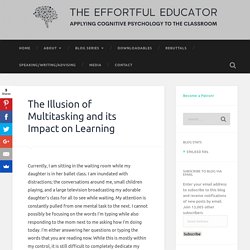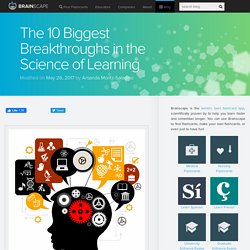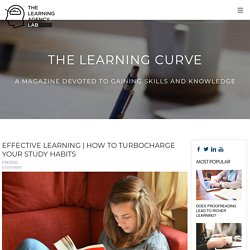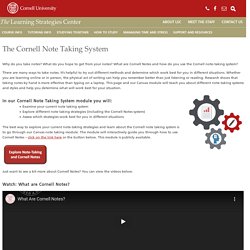

Carol Dweck: The power of believing that you can improve. SAGE Journals: Your gateway to world-class journal research. Making a difference is a choice. Some people make that choice earlier, some later, and some not at all. I was a late bloomer. This article charts my evolution—from a researcher doing basic research with little thought of direct application to a researcher and writer with a mission to use what I learn for the benefit of individuals and, I hope, of society itself.
Recently, I had the honor of meeting a political and social organizer who had made a real difference in the world. From his early youth, this man had dedicated his life to promoting and protecting human rights. As a graduate student and young professor, I thought of myself as a researcher who was studying things that were relevant to people’s lives.
The Research: The Path to Real-World Interventions Since the 1980s, my research has examined the beliefs people hold—their mindsets—and how these beliefs can affect their motivation, achievement, and well-being. Public Outreach Challenges Conclusion References. The Effortful Educator - Applying Cognitive Psychology to the Classroom. The Illusion of Multitasking and its Impact on Learning. Currently, I am sitting in the waiting room while my daughter is in her ballet class.

I am inundated with distractions; the conversations around me, small children playing, and a large television broadcasting my adorable daughter’s class for all to see while waiting. My attention is constantly pulled from one mental task to the next. I cannot possibly be focusing on the words I’m typing while also responding to the mom next to me asking how I’m doing today.
I’m either answering her questions or typing the words that you are reading now. While this is mostly within my control, it is still difficult to completely dedicate my cognitive efforts to typing this blog post. And so it is with our students and studying. Whether they believe they are good at multitasking or not…they’re not. That may sound a little silly, but that’s exactly what is happening when learning to ride a bike. Karpicke, 2016 Retrieval practice is a powerful way to improve learning and memory. Dunlosky. The 10 Biggest Breakthroughs in the Science of Learning. Greater understanding of our brain’s functioning, abilities, and limitations allows us to constantly improve our teaching skills and the productivity of our Brainscape study sessions and working hours (and after-work hours, for that matter).

We’ve already given you tips on how to keep your brain in shape and how to boost your brain’s abilities through exercise. This article, originally published by OnlinePHDPrograms.com, shares the 10 most significant breakthroughs that recent research has made on the science of learning, providing valuable insights on how to make the best use of your brain without wasting energy. When it comes to human organs, none is quite so mysterious as the brain. For centuries, humans have had numerous misconceptions and misunderstandings about how the organ works, grows, and shapes our ability to learn. 1. This term has become a major talking point in criticisms of multi-tasking, especially given the modern information-saturated world we live in. 2. 3. 4. 5. 6.
How to Turbocharge Your Study Habits. Too many people study wrong.

They think that studying is easy. Learning new information is tough. But they’re wrong, and the implications are vast. Just about everyone dreams of easy ways to study and learn. From parents to educators to students to me, people want learning to be fun, like an afternoon of cards.The most recent headline-making example is an app called DragonBox. Effective Learning Starts with Struggle At the heart of learning sits a discomforting truth: gaining expertise is difficult. For one, learning isn't playtime or recess or a matter of amusement, and students learn more when they stretch their skills and knowledge in ways that make them uncomfortable.”
Why Struggle is The Root of Effective Learning The value of academic struggle is about far more than moral pluck when it comes to studying effectively. At the heart of learning sits a discomforting truth: gaining expertise is difficult. Becoming an Effective Learner. How to Take Notes in Class: The 5 Best Methods - College Info Geek. 5 Active Reading Strategies for Textbook Assignments - College Info Geek.
The Cornell Note Taking System – Learning Strategies Center. Why do you take notes?

What do you hope to get from your notes? What are Cornell Notes and how do you use the Cornell note-taking system? There are many ways to take notes. It’s helpful to try out different methods and determine which work best for you in different situations. Whether you are learning online or in person, the physical act of writing can help you remember better than just listening or reading. In our Cornell Note Taking System module you will: Examine your current note taking systemExplore different note taking strategies (including the Cornell Notes system)Assess which strategies work best for you in different situations.